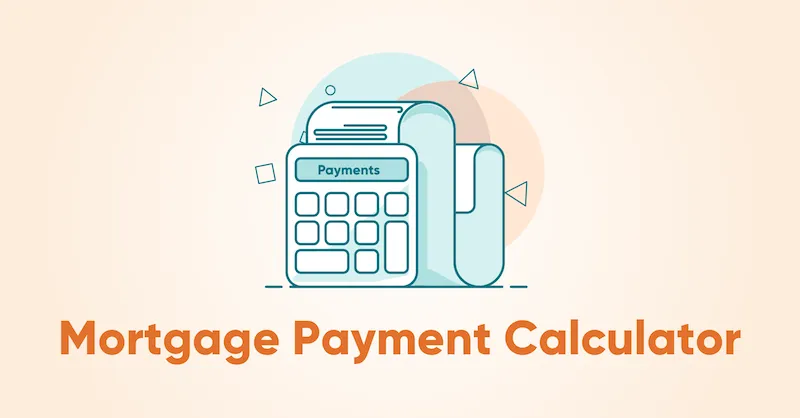Vanilla But Efficient – The Canadian Mortgage Market For Prospective HomeownersThe news that Canada’s red-hot housing market is starting to cool, coupled with historic low-interest rates on home mortgages, is creating an opportunity for prospective homeowners to stop renting and finally own the home of their dreams. And compared with some of the major economies worldwide, still feeling the effects of the financial crisis a few years ago, Canada’s mortgage market is stable and robust.
Vanilla but effective is how Canada’s mortgage market could be described to prospective homeowners. Virtually absent here are the subprime loans and so-called NINJA loans (No Income, No Job, No Assets) that wreaked such havoc on financial markets everywhere.
Also noticeably absent are the tax breaks afforded by a home mortgage, unlike the United States. Ottawa offers no respite, which induces Canadian homeowners to pay off their mortgage loans more quickly.
Prospective homeowners should also know that the Canadian mortgage market has more stringent lending rules regarding loan applicants and the variety of available home loans. For example, the long-term loans seen in the United States do not exist here. Lending agreements are typically for five years and can either be renewed, refinanced, or paid off when the term expires. These lower-year agreements also shift more lending risk on borrowers instead of lenders.
Canadian law also requires prospective homeowners with a small down payment to buy home mortgage insurance when their mortgage is for more than 80 percent of a home or property’s value. Home mortgage insurance, backed by the government, does nothing for borrowers and only protects lenders from default. Additionally, it is harder to walk away from a mortgage in Canada because banks or lenders can claim assets, such as bank accounts or cars, which would be off limits in other countries, such as the United States, where taking those types of investments is severely restricted.
And the Canadian government is not through tinkering with its mortgage market, having recently implemented several changes to continue to lower risk and leverage its housing market. Last month, the government reduced the amortization period for home mortgages to 30 from 35 years on loans for more than 80 percent of a property’s value. It also capped the amount homeowners can refinance their homes for to 85 percent of the property’s value, instead of the previous limit of 90. The change is meant for the property or home to keep more equity.
This month it will stop insuring home equity loans because the government sees these loans as riskier and is concerned that consumers are piling their other high-interest debt into them.
The changes, the third since late 2008, are all meant to increase the stability of the housing market and reduce consumer leverage and risk in the market. They most definitely place more of the onus on borrowers to meet their financial obligations regarding home loans. And while the Canadian mortgage market seems more robust and more stable than most, before looking at new homes, prospective homeowners should sit down and ask themselves the following financial questions to determine what their housing needs will be:

- How much can they borrow to pay for their new home? Their bank or other lender will look at their current assets to debts ratio and determine this.
- How much will it cost them to maintain the home? – This includes maintenance, taxes, insurance, etc. If it is a fixer-upper, how much will the repairs cost? This also gives prospective homeowners an excellent opportunity to decide whether or not it would be cheaper to rent versus owning a home.
- How big is the down payment? – A down payment of at least 20 percent means less to pay for a home, and prospective homeowners can skip buying mortgage insurance, which does nothing for them in case they default.
- How good is the credit rating? – Better credit means a lower interest rate offer which means less to pay off in the long run. Prospective homeowners with low scores may want to consider raising them before going through the home-buying process.
The Art of the Deal – Knowing How to Make an Offer
Prospective homeowners can also compare their financial options with this mortgage calculator to see monthly payments, amortization schedules, mortgage insurance premiums, and more to determine whether or not to continue renting or move up to buying.

